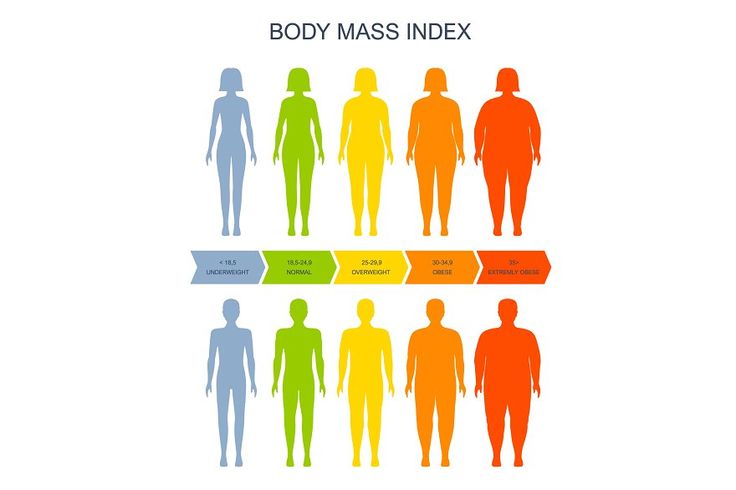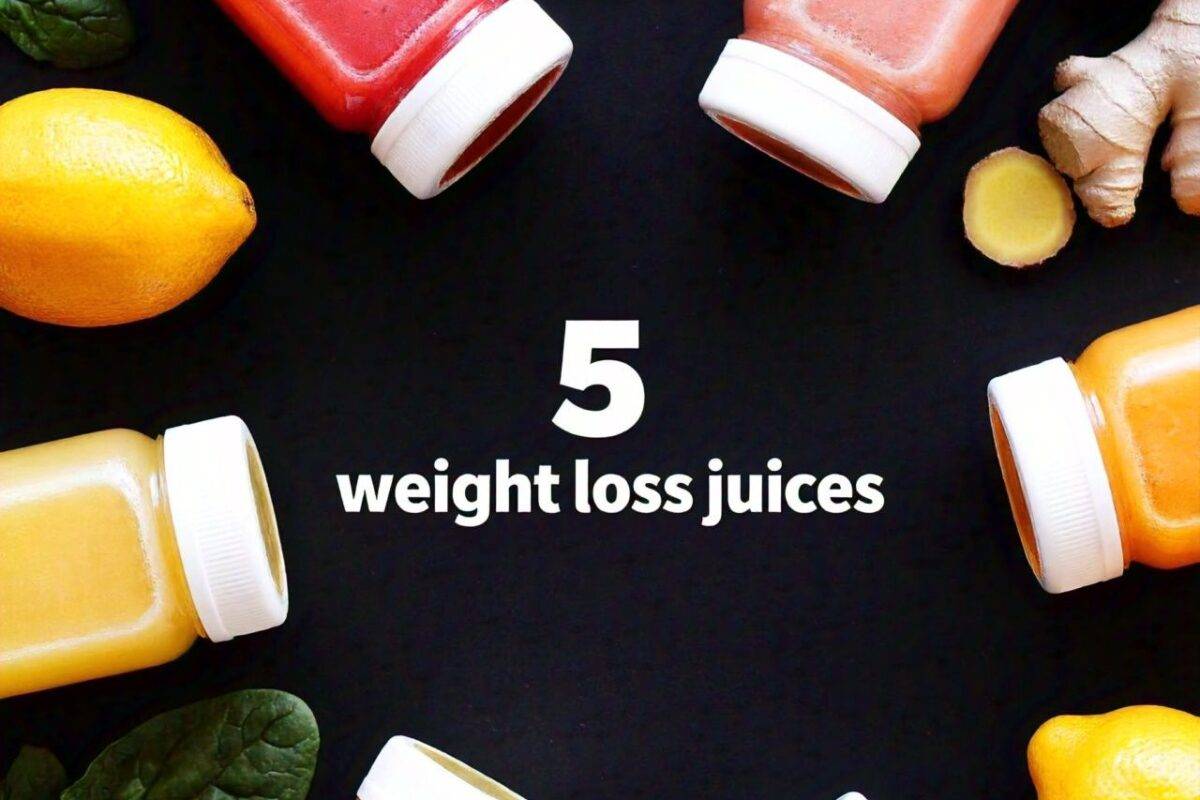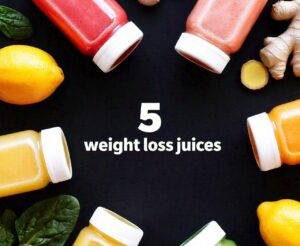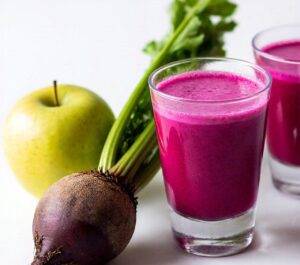TABLE OF CONTENT
TABLE OF CONTENT
1.What is BMI?
2. Why Should You Use a BMI Calculator?
2.1 Quick & Easy to Use
2.2 Track Your Progress
2.3 Catch Health Issues Early
3. Understanding BMI Categories
4. BMI for Men and Women: Understanding the Differences
BMI for Men
BMI for Women
Ideal BMI Range
5. How Can a BMI Calculator Help You Track Your Health?
6. Side effects of the BMI Calculator
7. Limitations of BMI Calculator
- 1. Does Not Distinguish Between Muscle and Fat
- 2. Ignores Fat Distribution
- 3. Does Not Account for Age or Gender
- 4. May Not Tell Healthy Status for All Body Forms
- 5. Overlooks Other Health Indicators
8. Frequently Asked Questions (FAQ)
Conclusion
Taking care of your health doesn’t have to feel like a chore. With magical tools like a BMI calculator, you can quickly get a basic evaluation of your health which enables you to make smarter and more informed choices. It helps you in all cases, whether you’re aiming to lose a few pounds, maintain a balanced lifestyle, or just check in on your health, knowing your Body Mass Index (BMI) is a smart first step.
In this, we’ll break down what BMI is in simpler terms or BMI definition, show you how to use a BMI calculator, explain the different BMI categories, and how this simple number can be your guide to better health. Adding on it, we’ll explore how the BMI calculator will help you to hit your health goals, no matter where you’re starting from!
1. What is BMI?
The BMI Calculator is one of the simple tools that enables you to assess your body weight in relation to your height. It gives you a quick-calculated number—your Body Mass Index (BMI)—to show whether you’re in a healthy weight range, underweight, overweight, or obese. This easy-to-use tool can give you valuable insights into your overall health and help you stay on track with your fitness or wellness goals. Whether you’re aiming for weight loss, maintenance, or just curious, a BMI calculator is a great first step in understanding your body better and an easy way to track your health.
Don’t worry about how you do the mathematical calculations to get the BMI—as there are plenty of online BMI calculators (like the one on weight loss revolution) that do the math for you! Just enter your weight and height, and it will give you your BMI score within seconds.
2. Why Should You Use a BMI Calculator?
A BMI calculator is an easy, no-hassle way to track your health. It is worth to use as;
2.1 Quick & Easy to Use
Your weight and general health status will be readily apparent to you in a matter of seconds.
2.2 Track Your Progress
Checking your BMI regularly can help you identify changes and make the required lifestyle modifications, regardless of whether you’re adding muscle or losing weight.
2.3 Catch Health Issues Early
If your BMI falls outside of the normal range, it may be a signal that will come earlier than health risks like heart disease, diabetes, and other conditions such as high blood pressure. You can take preventive measures early once detected.
3. Understanding BMI Categories
After calculating the BMI, the next step is understanding what it means. Actually, the BMI Calculator is categorized as:
- Underweight (BMI < 18.5)
If after calculating, the BMI falls below 18.5, then you’re considered underweight. It will inform you that it can be due to different reasons—like not getting enough nutrients or possibly being malnourished. If you’re underweight, it’s important to check in with a healthcare provider to ensure you’re staying healthy. - Normal Weight (BMI 18.5 – 24.9)
The BMI between 18.5 and 24.9 is considered within the healthy range. This BMI means you’re likely at a lower risk for health problems associated with obesity. All you need to just keep up the good work! But remember, this doesn’t mean you can slack off—maintaining a balanced diet and staying active are key to long-term health. - Overweight (BMI 25 – 29.9)
You’re classified as overweight if your BMI falls between 25 and 29.9. Its the time to consider making some lifestyle changes, as you are not at high risk of obesity. But, being overweight can still increase your chances of developing health issues like heart disease and type 2 diabetes. - Obesity (BMI 30 – 39.9)
A BMI of 30 or above is stratified as obese. Obesity abruptly maximizes the risk of developing serious health problems, including high blood pressure, heart disease, and diabetes. Having a BMI of 30 or above waves a red flag as it might be time to consult with a doctor or a weight loss clinic like Weight Loss Revolution to create a weight loss plan that works for you. - Severe Obesity (BMI 40 and above)
A BMI over 40 is classified as severe obesity. This is a severe problem that greatly increases the likelihood of several health issues. For tailored guidance and treatment, see a healthcare professional if your BMI falls into this range.
4. BMI for Men and Women: Understanding the Differences

BMI for Men
For men, Body Mass Index is a useful measure of general health; it is a measure that shows if weight is within a healthy range for height. The ideal BMI for males is 18.5 to 24.9, showing that the ratio of weight to height is within normal bounds and often considered healthy. Having and maintaining a normal BMI in that range lowers one’s risk for chronic diseases and ensures greater long-term well-being. BMI under 18.5 points to underweight, for which some attention to nutritional consumption may be necessary. For a BMI between 25 and 29.9, a man is considered overweight. Over 30, he is obese, which may translate into more risks of conditions such as heart disease, diabetes, and hypertension.
BMI for Women
For women, BMI is the same working principle but often indicates greater body fat due to hormonal levels. A healthy BMI for a woman also falls between 18.5 and 24.9, an indication of healthy weight and a lower threat of diseases. This was considered ideal for long-term health. A BMI level below 18.5 could be labeled as underweight, and people in this category might have questions concerning fertility or the weakening of the immune system. When a woman’s BMI falls between 25 and 29.9, it classifies her as being overweight, which would then suggest that changes in diet and exercise might be good for her. A BMI of 30 would classify her as obese where the likelihood of conditions like high cholesterol or type 2 diabetes is increased.
Ideal BMI Range
For both genders, a normal BMI ranging between 18.5–24.9 is thought to be the ideal to minimize the risks of chronic diseases and to ensure the best possible health outcome. However, it is essential to recall that BMI is merely one of the pieces of the health puzzle. Other elements such as body fat percentage, waist-to-hip ratio, and medical history should also be taken into account. Consultation with a health professional can help tailor a suitable health plan for you, in which a more holistic approach will be taken to your body and fitness.
5. How Can a BMI Calculator Help You Track Your Health?
As you get to know your BMI and what category you fall into, the next instant question comes to mind—what do you do about it? The BMI calculator gives you the starting point to improve your health, whether you want to lose weight, maintain a healthy BMI, or simply monitor your well-being. Here’s how it helps:
- Monitor Weight Loss or Maintenance:
If you’re trying to lose weight, use the BMI calculator as a baseline. Check it regularly to track your progress. If you’re maintaining weight, checking your BMI periodically ensures you’re staying within a healthy range. - Identify Health Risks:
If your BMI is in the overweight or obese range, it may signal the need for lifestyle changes. With early intervention, you can avoid more serious health problems down the road. - Motivation and Goal Setting:
The BMI calculator helps you set realistic goals and stay motivated. If you’re working with a weight loss clinic or personal trainer, your BMI can help them tailor a program that suits your needs.
If you’re looking for extra support in your health journey, consider programs like Weight Loss Revolution, which offers personalized plans and support for weight loss and healthy living. Check out their weight loss programs for options near you!
6. Side effects of the BMI Calculator
The BMI calculator is useful, a reliance on it that’s overdone can only cause confusion or even needless anxiety. For example, even someone in great shape might fall into the category of being “overweight” simply because they contain a great deal of muscle. Similarly, focusing only on your BMI can lead you astray from other vital measures of health, such as blood pressure, cholesterol levels, or body fat.
In a nutshell, even though a BMI calculator provides very useful information, one must always use it in concert with a more complete health checkup-which includes consulting your doctor.
7. Limitations of BMI Calculator
1. Does Not Distinguish Between Muscle and Fat
The BMI calculator only makes consideration for weight and height. Therefore, it does not factor in body composition. This implies it cannot differentiate between muscle mass and fat. This is so that athletes or muscular persons are bound to be classified as overweight or obese even though their health might be excellent.
2. Ignores Fat Distribution
BMI does not take into account where the body fat is located. Fat stored in the abdominal area (visceral fat) is known to be more dangerous for health than fat stored in other places, but BMI does not provide that information.
3. Does Not Account for Age or Gender
BMI applies one formula to all adults; it doesn’t take into account age and gender. Body fat distribution as well as the healthy weight vary widely between men and women, and they change with the years.
4. May Not Tell Healthy Status for All Body Forms
BMI is not very accurate when it comes to older adults or people who have naturally smaller frames or larger frames.
5. Overlooks Other Health Indicators
Health is multifactorial, taking into account blood pressure, cholesterol level, and overall fitness level. Thus, BMI alone does not paint a full picture of health.
8. Frequently Asked Questions (FAQ)
BMI Calculator is a useful tool for most people, but it’s not perfect. It doesn’t account for factors like muscle mass or where fat is distributed in the body. For instance, athletes or people with high muscle mass may have a high BMI even if they’re in excellent health. If you’re concerned, consider other health measurements like body fat percentage or consult with a doctor.
If you’re working towards a weight goal, checking your BMI every few weeks or once a month is a good idea. If you’re just maintaining your weight, checking it every few months should suffice.
A BMI calculator can tell you where you stand in terms of weight, but it won’t provide a detailed plan for weight loss. However, if your BMI falls outside of the healthy range, it can be a good idea to consult with a weight loss clinic like Weight Loss Revolution to develop a personalized plan that includes diet, exercise, and lifestyle changes.
Yes! BMI can help you track whether you’re maintaining or achieving a healthy weight. However, it’s just one piece of the puzzle. If you’re working on gaining muscle, remember that your BMI might increase due to muscle mass, even if you’re becoming more fit.
You can find plenty of online BMI calculators for free. You can check the BMI Calculator at OzoneAesthetics. It is a simple, fast way to calculate your BMI anytime.
BMI calculator is free at the OzoneAesthetics website and anyone at any time can check his/her BMI.
To check your BMI as a female, simply use an online BMI calculator. Enter your weight (in kilograms) and height (in meters), and the calculator will instantly provide your BMI score and categorize it into underweight, normal weight, overweight, or obese.
No, the formula for calculating BMI is the same for both men and women. However, because women have, on average, more body fat than men, their BMI may reflect different health effects. For example, an identical BMI may carry distinct health risks for men and women because of differences in composition.
Normal BMI for an adult ranges between 18.5 to 24.9 for any age group or sex, meaning a normal weight about height. BMI categories do not change across the age group or the sexes, although body fat distribution may change. Age- and gender-specific BMI percentiles are, therefore used in children and adolescents. For more details and queries it’s advised to visit the nearby Doctor.
Conclusion
Now having the BMI calculator at your fingertips has made health tracking so much easier. This user-friendly application helps take control of your health journey by immediately providing you with information on the state of your body’s weight. Knowing your BMI is the wise first step, irrespective of whether you want to lose weight, gain muscle, or just keep fit.
But remember, though, that BMI Calculation is just the first step. It is unstoppable on the road to your health goals with the right diet, proper exercise, and professional help through programs like the Weight Loss Revolution!
Ready to get started? Use a BMI calculator today and take control of your health! Also check the doctor-approved Top 5 Easy Weight Loss Juicing Recipes and, also for setting realistic goals for weight loss to achieve your health and fitness goals.
Bibliography
- BeatXP. (n.d.). BMI calculator online and how to use BMI calculator. BeatXP. Retrieved from https://www.beatxp.com/blog/bmi-calculator-online-and-how-to-use-bmi-calculator/?srsltid=AfmBOorf04xiQrfxg04qAWN8YIMFxuEM8OZu9XkQOsr1hN2rOv_0_q1q
- National Heart, Lung, and Blood Institute. (n.d.). Are you at a healthy weight? U.S. Department of Health and Human Services. Retrieved from https://www.nhlbi.nih.gov/health/educational/healthdisp/pdf/tipsheets/Are-You-at-a-Healthy-Weight.pdf
- Harvard T.H. Chan School of Public Health. (n.d.). BMI and health. Harvard T.H. Chan School of Public Health. Retrieved from https://nutritionsource.hsph.harvard.edu/bmi-and-health/
- World Health Organization. (2020, March 9). Obesity and overweight. World Health Organization. Retrieved from https://www.who.int/news-room/fact-sheets/detail/obesity-and-overweight







